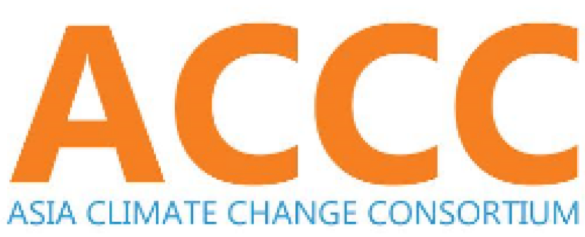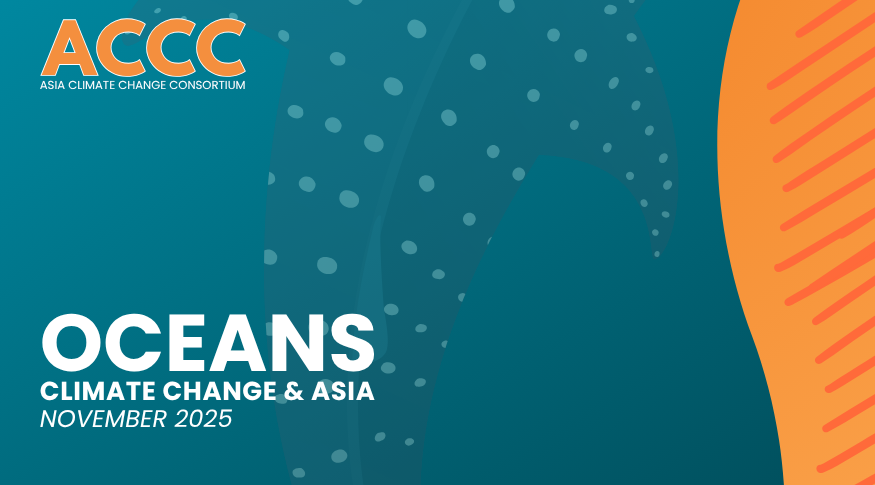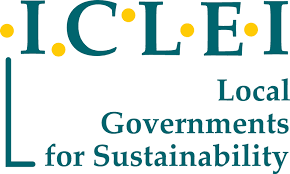Changes in the climate system have been proven to be caused by anthropogenic factors, resulting in climate impact drivers that have the potential to cause losses and damages to human lives and ecosystems. The Special Report on the Oceans and Cryosphere (SROCC) by the Intergovernmental Panel on Climate Change, released sometime in 2019, outlined the key role that the oceans play in resilience building, adaptation, and mitigation action amid significant impacts on marine and coastal ecosystems. A recent study on the global heat inventory shows that as the Earth’s heat gain increases, the ocean accounts for 89% of heat storage, compared to the atmosphere at 2%, the cryosphere at 4%, and land at 5%. With this assessment, it is understandable that the IPCC’s SROCC in 2019 warned of marine heatwaves, sea level rise, increased ocean heat content, ocean acidification, and ocean deoxygenation. As the oceans continue to absorb increasing Earth heat, changes in the climate system are foreseen by scientists to impact ecosystems’ structure, create changes in phenology, species range shift that will eventually also impact on food production, health, and well-being of humans, cities, settlements, and infrastructure, among others.
The impact of a changing climate on the oceans is of serious and growing concern to Asia, which is bordered by the Arctic Ocean to the North, the Pacific Ocean to the East, and the Indian Ocean to the southwest. Historically, the peoples, cultures, and economies of Asia have thrived by being nurtured by the oceans. The oceans that surround Asia also host some of the world’s richest marine biodiversity hotspots. Hence, a threat to the oceans is significant to the lives, survival, and development not only of Asia but of the whole world.
The 2025 Oceans Dialogue and the COP 30 aspire to accelerate sustainable climate action that enables implementation where ambition is translated into action that creates impact. The Asia Climate Change Consortium affirms the priority given to enhancing ecosystem-based adaptive capacity, resilience-building, and vulnerability reduction. But even as we see the value of the actions suggested by the SROCC, namely, addressing causes of climate change, supporting biological and ecological adaptation, and enhancing societal adaptation (see image below).

The Asia Climate Change Consortium calls on negotiators to drive climate action in the oceans by:
- Upholding the value of risk assessments with due diligence in addressing climate change-related threats to the oceans and harnessing the potential of the oceans in addressing climate change:
- Science- and evidence-based review on the wisdom of proposed climate mitigation actions in the oceans to ensure that these are not false solutions that can bring detrimental impacts to the oceans’ ecosystems and communities dependent on marine resources. Among the major concern areas are carbon capture and storage in the oceans, enhanced weathering and alkalinization, and enhanced open ocean productivity measures, among others.
- While pursuing open-ocean productivity, a risk-based framework anchored in ocean-biodiversity-climate synergies and that considers not only the blue economy but, more importantly, blue justice must be adopted. Thus, a thorough review and regulation of global hydrocarbon production, offshore exploration, production and decommissioning, marine renewable energy, and impacts of anthropogenic noise in relation to the said industries, must be undertaken via the World Ocean Assessment and Agreements/COP decisions.
- Where feasible, a moratorium to the pursuit of the said industries can be mandated and agreed upon until the risk assessments have been released and informed decision-making.
- Ocean-based measures must be required in the submission of Nationally Determined Contributions (NDC), and in the updating of Global Goal on Adaptation with clear indicators that provide direction for vulnerability reduction, resilience-building, adaptation of marine-based assets and resources, ecosysems, and socio-ecological systems.
- Marine spatial planning, in all forms, must be inclusive and participatory, creating a platform and providing adequate resources for equal and meaningful participation by communities dependent on marine resources for survival and sustainable development.
- The oceans-biodiversity-climate synergy framework that will be developed must be cognizant of blue justice and climate justice parameters that uphold a globally-agreed-upon framework relevant to biodiversity, oceans, and climate change, recognize the symbiotic relationship of socio-ecological systems, and respect human rights, the right to the environment, and human and ecosystem well-being.
- In considering indicators, parameters must give attention to socio-political-economic inequities and inequalities in ocean resource utilization amongst and between private sector/business, governments, communities dependent on marine resources and give value to sustainability that secures intra- and inter-generational equity amongst various stakeholders.





 c/o Rice Watch Action Network
c/o Rice Watch Action Network